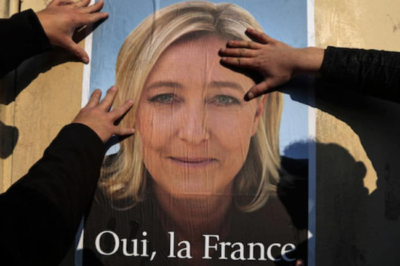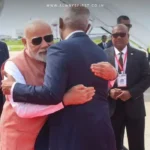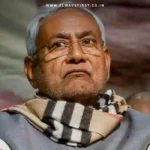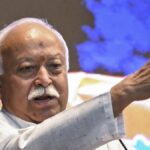
Key Highlights:
- Far-right National Rally (RN) ranked third in French parliamentary elections but secured the most votes.
- Left-wing New Popular Front (NPF) coalition and centrist bloc of President Macron formed an ad-hoc alliance.
- Despite stopping RN from forming a government, the far-right remains popular.
Election Results:
The recent French parliamentary elections saw a dramatic contest where the far-right National Rally (RN), led by Marine Le Pen, ranked third but secured the most votes. The left-wing New Popular Front (NPF) coalition, along with President Emmanuel Macron’s centrist bloc, managed to form an alliance that stopped the RN from gaining power. Despite this tactical victory, the far-right remains a potent force in French politics.
Vote Share vs. Seats:
- RN: 37.1% votes, 142 seats
- NPF: 26% votes, 188 seats
- ENS: 24.7% votes, 161 seats
Though RN stood third in terms of seats, it won the highest percentage of votes. The leftist NPF and Macron’s Ensemble (ENS) formed an alliance to consolidate non-right votes, successfully relegating RN to third place despite its popularity.
Tactical Voting and Political Maneuvering:
Following RN’s victory in the first round of elections on June 30, an ad-hoc alliance between the NPF and ENS saw over 200 centrists and leftist candidates withdraw, consolidating their votes against RN. This tactical voting arrangement, while successful in preventing a far-right victory, highlights that the French electorate has not outright rejected the far-right ideology.
Challenges Ahead for Macron:
While Macron’s strategy prevented the far-right from taking power, it placed France in a precarious political situation:
- Lack of Majority: No party or bloc secured an outright majority, leading to an expected political stand-off over the appointment of a new prime minister.
- Internal Divisions: The NPF coalition, while less extreme than RN, contains elements with radical agendas and historical accusations of antisemitism.
- Unprecedented Coalition Dynamics: France lacks a robust tradition of coalition governments, particularly between rival political camps. The far-left leader of France Unbowed, Jean-Luc Melenchon, is widely disliked within Macron’s Ensemble coalition and even among some NPF members.
Impact on the EU:
France’s political stability is crucial for the European Union (EU), given its position as the second-largest economy and a key military power within the bloc. A hung parliament and potential political gridlock in France could hinder its ability to influence EU policies effectively.
Concerns Over Far-Left Influence:
The far-left France Unbowed’s potential role in the NPF-led government raises concerns within the EU, particularly due to its sympathetic stance towards Russia. This could complicate France’s position on key international issues, such as the ongoing conflict in Ukraine.
Future Prospects:
Macron’s immediate objective to keep the far-right out of power has succeeded, providing a temporary respite. However, the far-right’s growing popularity and the complex coalition dynamics mean that Macron’s government will face significant challenges in maintaining political stability and addressing the broader socio-political divide in France.
In this evolving political landscape, Macron’s maneuvering has bought some time, but the underlying tensions and the far-right’s persistent appeal suggest that France’s political journey remains fraught with challenges.









































Leave a Reply